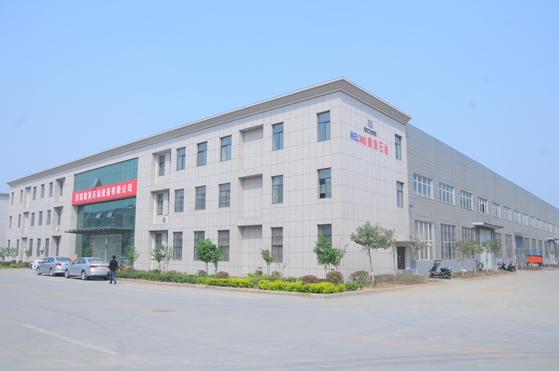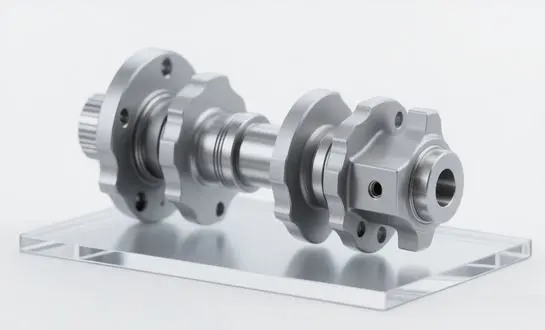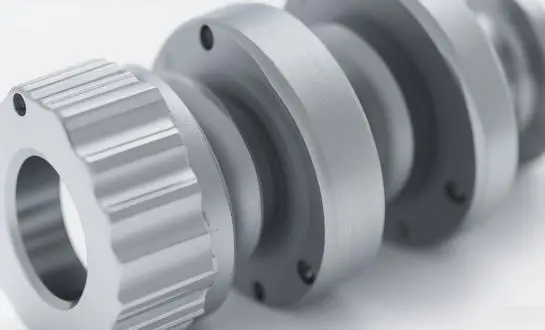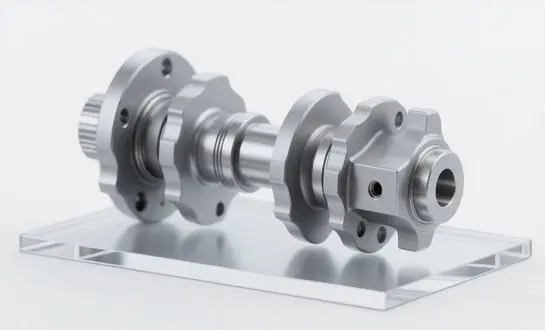Expanding Wellbores: Key Functions of Hole Openers
Hole openers serve a vital purpose in drilling operations by enlarging pre-drilled holes to accommodate larger-diameter casing or to improve fluid circulation. These tools are typically used after the pilot hole has been drilled, and they come in various designs to suit different geological formations and operational requirements.
Primary Applications of Hole Openers
Hole openers are highly versatile tools that play a crucial role across a wide range of drilling operations. In oil and gas exploration, they are used to enlarge wellbores beyond the initial pilot hole, allowing the installation of larger casings that enhance production capacity and operational flexibility. In geothermal drilling, hole openers create wider boreholes that facilitate efficient heat exchange and improve overall energy extraction. For water well construction, they enable larger pumps and casings to be installed, increasing water output and system efficiency. In mining, hole openers are employed to prepare blast holes of precise diameter for optimal explosive placement and rock fragmentation.
Additionally, in construction projects, they assist in enlarging foundation or piling holes to provide enhanced structural stability for buildings, bridges, and other critical infrastructure. Their adaptability to different drilling environments makes them essential tools for operators seeking efficiency and precision.
Benefits of Using Hole Openers
Integrating a hole opener into drilling operations offers multiple operational advantages that improve both performance and cost efficiency. By enlarging boreholes, these tools enhance stability, reducing the risk of wall collapse and minimizing operational delays caused by stuck pipe incidents. Wider wellbores also allow for improved fluid circulation, facilitating more effective removal of cuttings and reducing wear on the drilling string. This, in turn, contributes to higher production rates, as larger diameters accommodate bigger production equipment and more efficient completion designs. Economically, using a hole opener can be more cost-effective than attempting to drill a large-diameter hole from the outset, saving time and reducing equipment stress.
Moreover, the availability of different cutter types allows operators to match hole openers to a variety of geological formations, ensuring consistent performance across soft, medium, and hard rock environments while maintaining operational safety.
Choosing the Right Hole Opener: Factors to Consider
Selecting the appropriate hole opener is crucial for the success of your drilling operation. Several key factors should guide your decision-making process to ensure optimal performance and efficiency.
Formation Characteristics
The geological composition of the drilling site plays a significant role in determining the most suitable hole opener. Different formations require specific cutter types:
- Hard Formation: Typically requires tungsten carbide inserts or polycrystalline diamond compact (PDC) cutters
- Medium to Hard Formation: May use a combination of milled tooth and insert cutters
- Soft to Medium Formation: Often utilizes steel tooth cutters or PDC bits
Desired Hole Enlargement
The extent of hole enlargement needed will influence your choice of hole opener. Consider the following:
- Initial Hole Size: The diameter of the pilot hole
- Final Hole Size: The required diameter for your project's objectives
- Enlargement Ratio: The relationship between the initial and final hole sizes
Operational Parameters
Other crucial factors to consider include:
- Rotation Speed: The optimal RPM for effective cutting action
- Weight on Bit (WOB): The amount of downward force applied to the hole opener
- Hydraulics: The flow rate and pressure of drilling fluids
- Compatibility: Ensuring the hole opener works well with other drilling equipment
Hole Opener Safety: Best Practices for Drilling Operations
While hole openers are invaluable tools in drilling operations, their use requires strict adherence to safety protocols to prevent accidents and ensure efficient performance.
Pre-Operation Safety Checks
Before deploying a hole opener, conduct thorough inspections and preparations:
- Equipment Inspection: Check for wear, damage, or loose components
- Proper Assembly: Ensure all parts are correctly installed and secured
- Crew Training: Verify that all personnel are familiar with the equipment and safety procedures
- Risk Assessment: Identify potential hazards and implement mitigation strategies
Operational Safety Measures
During hole opening operations, maintain vigilant safety practices:
- Monitoring: Continuously observe drilling parameters and equipment performance
- Communication: Maintain clear lines of communication between crew members
- Personal Protective Equipment (PPE): Ensure all personnel wear appropriate safety gear
- Emergency Procedures: Have well-defined protocols for potential emergencies
Post-Operation Maintenance
Proper care after use is essential for longevity and safety:
- Cleaning: Thoroughly clean the hole opener to remove debris and drilling fluids
- Inspection: Check for wear or damage that may have occurred during operation
- Storage: Store the equipment properly to prevent corrosion or damage
- Documentation: Record usage details and any issues encountered for future reference
Conclusion
In conclusion, hole openers are indispensable tools in the drilling industry, offering numerous benefits when used correctly. By understanding their functions, selecting the right type for your specific needs, and adhering to safety best practices, you can significantly enhance the efficiency and success of your drilling operations. Whether you're expanding wellbores for increased production or preparing foundations for construction projects, the proper use of hole openers can make a substantial difference in your project outcomes. For more information about high-quality hole openers and expert guidance on selecting the right equipment for your needs, don't hesitate to reach out to industry professionals. Contact us at oiltools15@welongpost.com for personalized assistance and to explore how Welong's range of hole openers can elevate your drilling projects.





